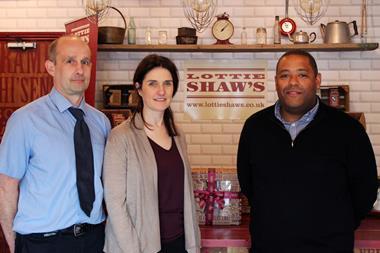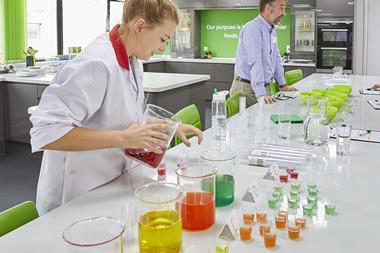The European Commission has revealed plans to prevent food safety scares such as the recent fipronil contamination scandal.
The ‘concrete measures’ were decided this week at a meeting of the EC and member states in the wake of the fipronil scandal, which brought the withdrawal of a raft of products in the UK including cake mixes, baked goods and liquid egg.
Fipronil is not authorised for use in food-producing animals, although the Food Standards Agency (FSA) has said it is very unlikely there is any risk to public health from consuming affected products, and that withdrawals have been precautionary.
The EC meeting was chaired by Vytenis Andriukaitis, commissioner for health and food safety, who said the high level of participation in the talks showed “the issue of food safety and food fraud is at the heart of discussion throughout the European Union”.
“I wanted to make sure that we take stock and reflect on the lessons learnt,” he added. “I also wanted to enhance communication between member states and look for a more coherent and coordinated approach for the future in order to prevent such incidents from happening.”
Food fraud cases damage public trust in food safety, Andriukaitis said, and could eventually destroy trust in a particular food industry.
Among the proposed measure are:
- Cooperation and communication to prioritise coordinated efforts and ensure trust and a harmonised approach during incidents or crises.
- Improvements to risk communication on the basis of a common factual and accurate information line to be used through the appropriate channels (in particular social media and press)
- Provisions will be considered to strengthen the existing flexibility in residue monitoring at EU level
- Member states will encourage food business operators and organisations representing them to implement or improve existing self-monitoring programmes
- Procedures will be set up to ensure a rapid common risk assessment that can serve as a basis for a co-ordinated risk management approach at EU level
- When deemed necessary, European Food Safety Authority (EFSA) would be requested to perform a rapid risk assessment, in full cooperation with at least the affected member states
- Priority will be given to bridging the gap between the use of the Rapid Alert System for Food and Feed (RASFF) and of the Administrative and Cooperation (AAC) systems, to maximise their potential. A combined platform for the two systems will be considered
- The possibility of a network with a single contact point in each member state for both RASFF and AAC should be considered
- Consideration given to establishing a ‘food safety officer’ acting as an experienced and trustworthy contact person in relation to food and feed safety issues
“Preserving public health and food safety is a collective responsibility,” said Andriukaitis. “Food supply poses challenges that require us to maintain strong and efficient food fraud detection system and procedures and to communicate and cooperate at all the levels. I am confident the actions that we agreed upon today will help us do just that.”



































No comments yet